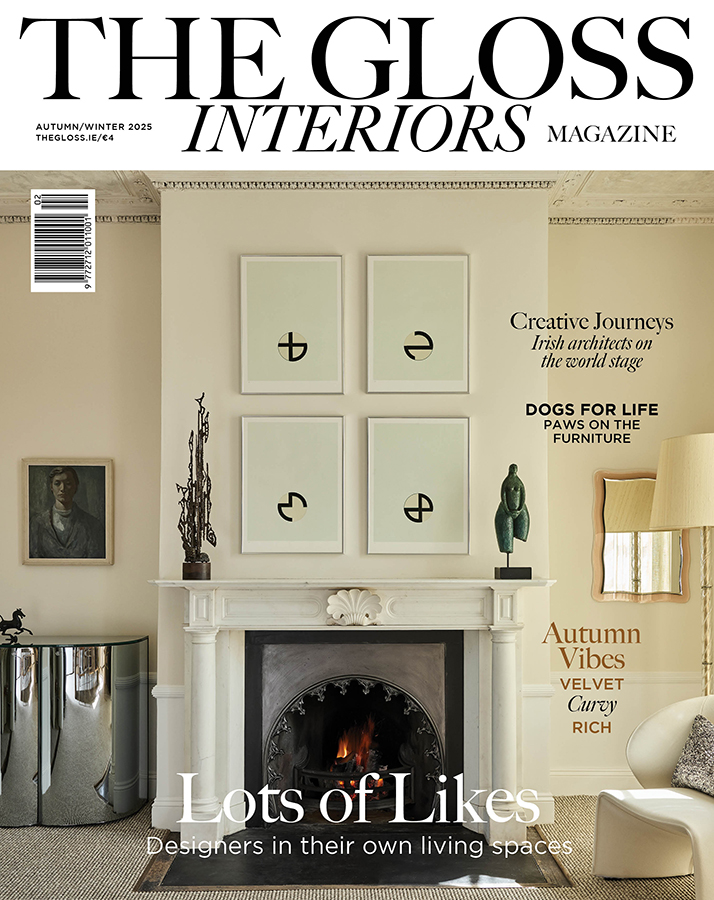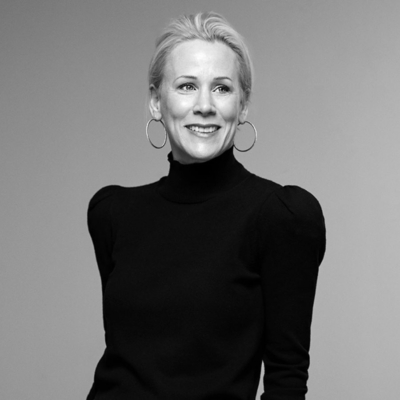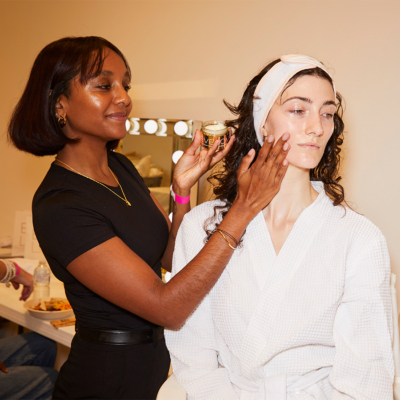Advocating and raising awareness of sleep health, the theme of this year’s World Sleep Day is “Quality Sleep, Sound Mind, Happy World”. Sharing their expertise on creating a quality sleep experience are these Irish experts …
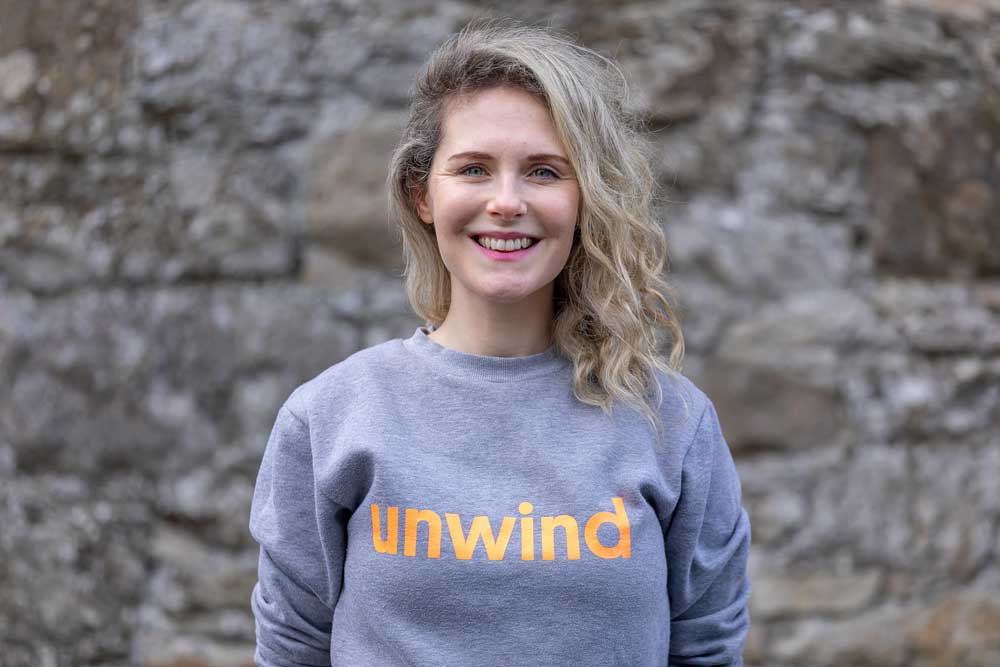
Deirdre Hynds, founder of Unwind
“All my life, I have been described as a night owl. I was diagnosed with chronic insomnia at the age of 17 by my family GP. She was the first person to suggest I try sleeping pills. Medicated sleep aids can be a lifesaver to someone suffering with insomnia, but reflecting back on it, I don’t think it was the best course of action for me personally, especially at such a young age. I took sleeping pills on and off for the best part of 15 years. I lost all sense of confidence in my body’s own natural ability to sleep unaided.
Over the past five years my sleep has really improved. There was no lightbulb moment, but a combination of things have really helped me. I am a big believer in marginal aggregate gains, so making lots of small adjustments to see progress. For me this resulted in incorporating yoga, meditation and CBT-i (cognitive behavioural therapy for insomnia) into my day to day routine, and improving different aspects of my sleep hygiene (simple things like reducing screen time, reducing exposure to artificial lighting at nighttime, etc).
The idea of Unwind first germinated around the time I started thinking about my sleep in a more holistic way. As a natural born night owl, I do habitually tend to snack in the evening (much more so since becoming a mum mid-lockdown!), and I decided to try and combine all of the ingredients that I already used myself – to help enhance feelings of rest and relaxation – into a snack, and so Unwind, the evening snack bar, was born!
I think about sleep as a fluid, ever changing, and very often capricious force, there are so many variables to consider; daily emotional and physical experiences, hormonal fluctuations, diet, exercise, bedroom setting and so on, but some tried and tested suggestions which helped me included reading Chris Winter’s book, The Sleep Solution, which shifted how I perceived my own insomnia on an internal level. I also think Jennifer Piercy’s sleep meditations are great, she is a big inspiration for the Unwind meditations we produce and I really recommend her course Your Guide to Deeper Sleep, [available for less than €10 on the insight timer app].
I try to play to all of my senses to improve my sleep, so I use a weighted blanket, a white noise machine, and black out blinds. Irish company Altum has a beautiful ‘Sleep Sensory Kit’, that includes all of the essentials.
I also deliberately avoid anything that is overly agitating late in the evening, this theory encompasses the physical, emotional and (some) mental. For example, I found it so interesting to learn that Buddhists avoid eating garlic, onion, chives, leeks and shallots, because it interferes with their ability to focus when meditating. I think these types of ingredients are also best avoided in your evening meal, as they can cause digestive issues and bloat, and definitely negatively impact sleep. So once again, the Buddhists were on the right track before everyone else!
I also try to avoid emotionally draining conversations. I know sometimes that’s the only time available to have them, but try to postpone until the following morning (after a good night’s sleep!) if possible. Avoid late night debates on TV for the same reason! Don’t read, watch or listen to thrilling books, boxsets or podcasts late at night, in fact, listen to/read something really boring that you’ve consumed hundreds of times before, and your brain associates it with sleep time!” www.unwind.ie
Anne Marie Boyhan, Sleep expert and founder, The Sleep Care Company
The Sleep Care Co. is where you’ll find everything sleep related in one place from The Sleep Journal (an evidence based sleep wellness journal to transform your sleep), to Sleep Retreats to luxurious sleep products such as cashmere bed socks, pyjamas, silk pillowcases, essential oil diffusers and supplements. Boyhan is a holistic sleep expert and sleep health and wellness speaker who helps people fall asleep and stay asleep without sleeping pills. As a certified sleep science coach who is studying functional medicine – she provides bespoke programs for her clients combining emotional, lifestyle and biochemical stress management.
“For the sleep deprived, my top tip is to prioritise your sleep. That means no coffee after 2pm or no booze (sorry!) three hours before bed – stimulants will only make you feel worse, add to your stress levels (hello cortisol) and keep you feeling tired and wired. Set an alarm for an hour before bed as your wind down time. Your body needs to separate your ‘daytime / work life’ from your ‘sleep time’ and needs this buffer time which signals to your brain and body clock that it’s time to go to sleep. The next thing I recommend is to take short ‘rest’ breaks during the day and if your situation allows it, a nap! NASA recommends a nap up to 30 minutes long, anything longer affects your sleep drive. If this isn’t possible with your job, then take a ten minute break at least once a day – get outside, get some fresh air and allow your brain to switch off. If you can’t get outside, go somewhere and ‘just be’ – avoid doom scrolling on your phone, do a short meditation or breathing exercise – the app Insight Timer is free and brilliant for this – or if this feels ‘allergic’ to you, give yourself those minutes to ‘just be’ and take a break from your own mind – it’s about activating the parasympathetic (rest and digest) side of your brain as opposed to the sympathetic side where we are constantly in ‘go go go’ mode. If you have time to run to Starbucks for a latte, then you have time for a rest break. Like anything else though, it’s a matter of prioritising.” www.thesleepcarecompany.com
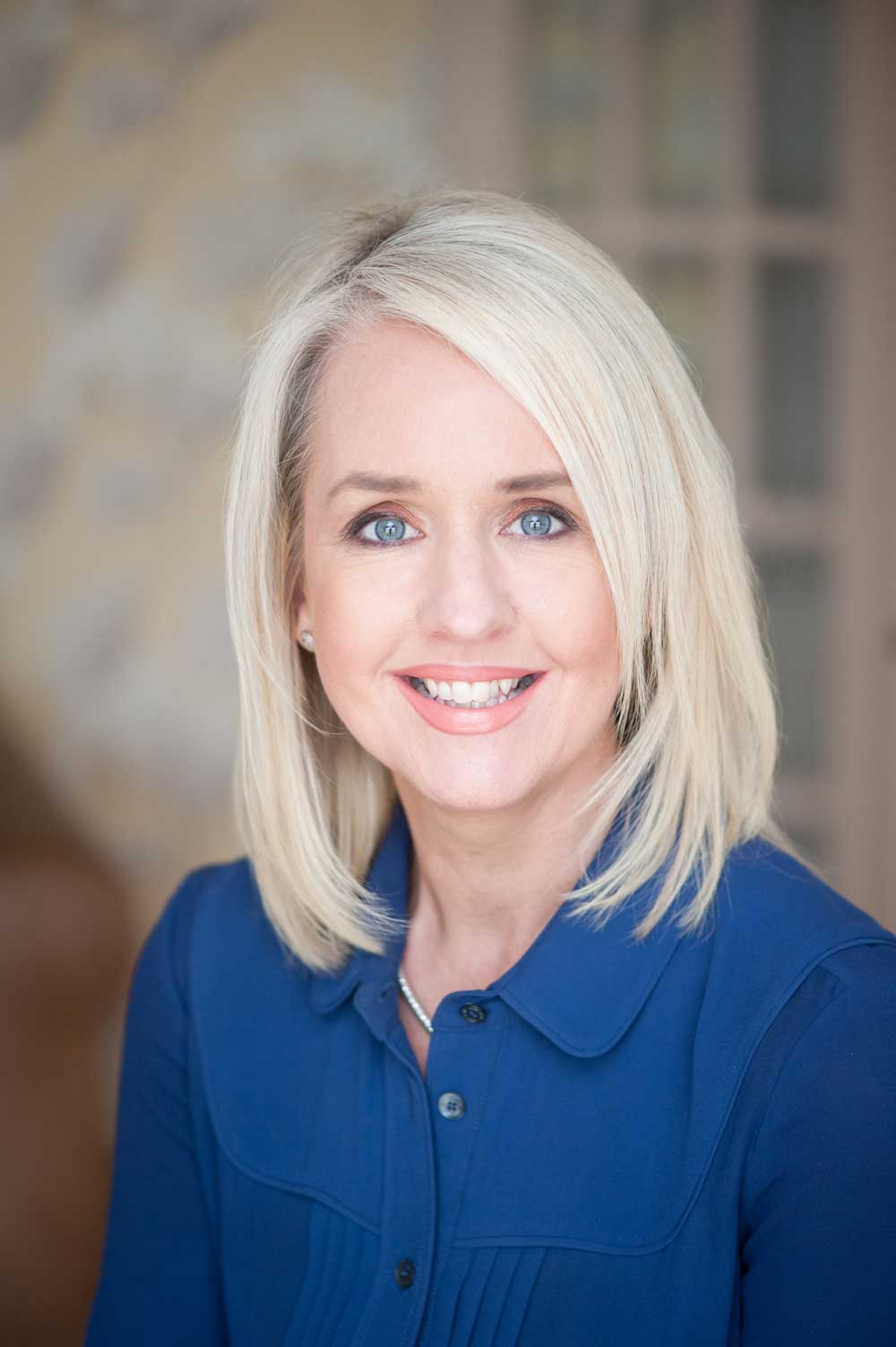
Lucy Wolfe, Sleep consultant and co-creational psychotherapist
“As adults everything that we see, do, think, feel, eat and drink affects our sleep – in both a positive and sometimes a negative way. As part of a sleep improvement regime, create a calm and peaceful bedroom your brain and body can relax in. I always tell clients that their bedroom should be the coolest room in the house to help drop our core temperature and initiate sleep with ease. Mattresses should be comfortable and replaced every seven to ten years. Pillows should be replaced every two years too and fit the space between the head and shoulder. I always recommend that bedlinen is changed and washed weekly on a very hot wash. Bedrooms should also be cleaned and aired daily by opening blinds, eliminating dust-mites by vacuuming regularly and paying attention to the products used for cleaning and pampering. I don’t encourage synthetic candles, air fresheners, cleaning products. If possible I always suggest the use of blackout blinds. Lastly, but most importantly, buying an alarm clock is a necessity to cut down on technology in the bedroom.” www.sleepmatters.ie
Rachelle Hicks, yoga and meditation teacher, feng shui consultant, and astrologer
Hicks uses all of these disciplines to help people bring balance, harmony, and awareness into their day to day lives. She has also been called the “queen of calm” as maintaining a sense of peace and flow on a daily basis is her top priority. Her foolproof night time routine includes doing three yoga poses before getting into bed – the bridge pose, child’s pose and a slow breathing downward dog. After that she takes ten minutes to do a “body scan”. She explains, “I lie on my back in bed, and check from my feet to my head to make sure everything is relaxed. I do admit that sometimes I don’t make it all the way to my head before falling asleep!” Being a feng shui consultant, her bedroom is immaculate and minimalist. This edit of belongings is mirrored in her rule of thumb to only do things after 8pm that make her happy. “Whether it’s a TV show, reading, or something else, it just has to feel nice. Failing all of the above, I advise that people who have trouble drifting off to sleep breathe slowly. Instead of counting sheep, count your breath. See if with each breath you can go even slower. It’s really powerful.” www.RachelleHicks.com
LOVETHEGLOSS.IE?
Sign up to our MAILING LIST now for a roundup of the latest fashion, beauty, interiors and entertaining news from THE GLOSS MAGAZINE’s daily dispatches.




